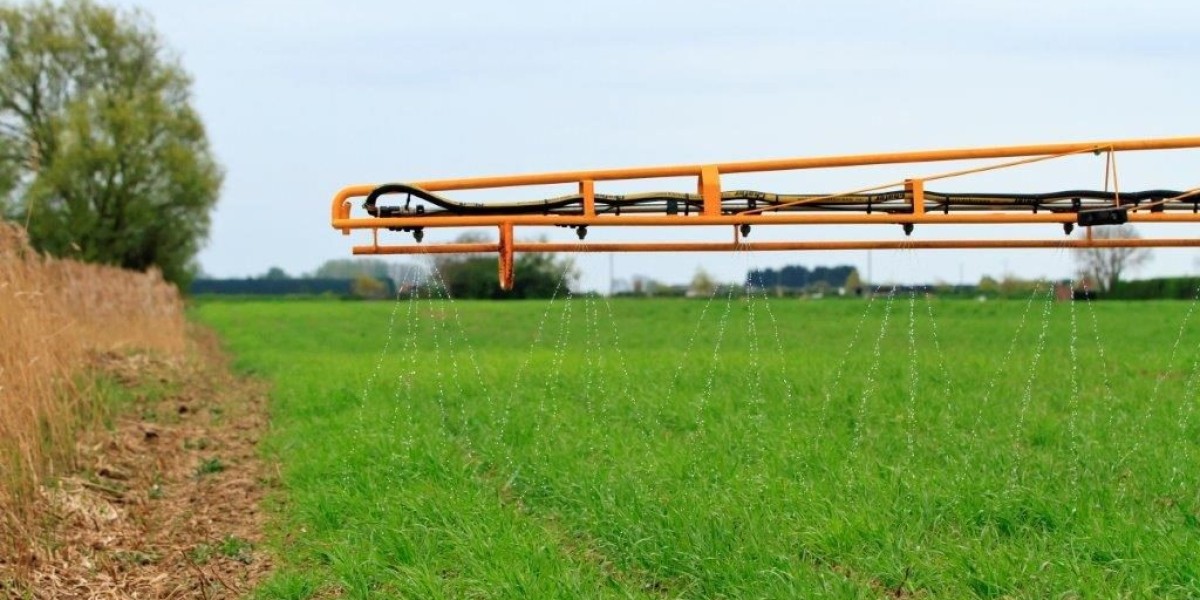When it comes to agriculture and enhancing crop productivity, farmers and agriculturalists are constantly on the lookout for innovative solutions. One such solution gaining popularity is the use of liquid nitrogen fertilizer. This article explores the benefits, applications, and considerations associated with liquid nitrogen fertilizer in modern farming practices.
1. The Importance of Fertilizers in Agriculture
Fertilizers play a crucial role in modern agriculture by providing essential nutrients to crops. These nutrients, including nitrogen, phosphorus, and potassium, promote plant growth, improve yield, and enhance overall crop health. Nitrogen, in particular, is a vital element required for various biological processes within plants.
2. What Is Liquid Nitrogen Fertilizer?
Liquid nitrogen fertilizer is a concentrated form of nitrogen that is dissolved in water for easy application. It is typically derived from the liquefaction of atmospheric nitrogen, resulting in a highly efficient and readily available form of nitrogen for plants.
3. Understanding the Role of Nitrogen in Plant Growth
Nitrogen is an essential component of proteins, enzymes, and chlorophyll, all of which are vital for plant growth and development. It plays a crucial role in photosynthesis, energy transfer, and the synthesis of DNA and RNA. By providing plants with an adequate supply of nitrogen, they can exhibit vigorous growth, improved root development, and increased resistance to diseases and pests.
4. Advantages of Liquid Nitrogen Fertilizer
1. Increased Nutrient Uptake
Liquid nitrogen fertilizer is highly soluble, allowing for efficient nutrient absorption by plants. Its liquid form ensures better root penetration, leading to enhanced nutrient uptake compared to traditional dry matter. This results in improved plant nutrition and overall crop performance.
2. Improved Crop Yield
Due to its high nitrogen concentration and quick availability, liquid nitrogen fertilizer promotes faster and more robust plant fertilizer growth. This leads to increased crop yield, providing farmers with higher returns on their investments.
3. Enhanced Plant Health
By providing plants with a readily available source of nitrogen, liquid nitrogen fertilizer supports the production of healthy and vibrant foliage. This helps plants withstand environmental stress, recover quickly from damage, and maintain optimal physiological functions.
5. Liquid Nitrogen Fertilizer vs. Traditional Nitrogen Fertilizers
Liquid nitrogen fertilizer offers several advantages over traditional nitrogen fertilizers. Unlike solid fertilizers, plants can easily apply and absorb liquid nitrogen fertiliser, resulting in more efficient nutrient uptake. Additionally, liquid nitrogen fertilizer reduces the risk of nutrient runoff, which can lead to water pollution.
Conclusion
Liquid nitrogen fertilizer offers a range of benefits for crop growth and sustainable agriculture. Its efficient nutrient delivery, improved plant health, and positive environmental impact make it a valuable tool in modern farming practices. By considering the appropriate application methods, timing, and dosage, farmers can harness the potential of liquid nitrogen fertilizer to enhance crop yield and contribute to a more sustainable food system.








